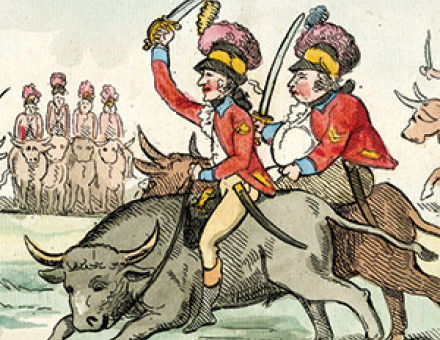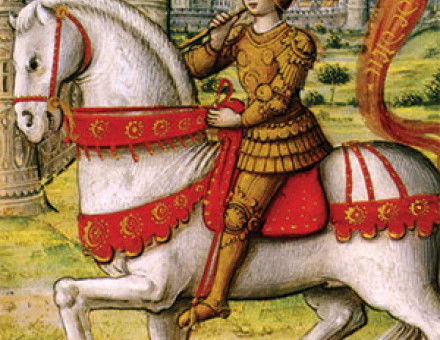Cromwell and the Execution of Charles I
Oliver Cromwell was at heart no republican; but he believed that God manifested His will through the triumphs or misfortunes that He awarded to those engaged in “great businesses”. Charles Ogilvie writes how Charles's continued misjudgments revealed that, if the world were to be made safe for the “Godly,” the King must be executed.




